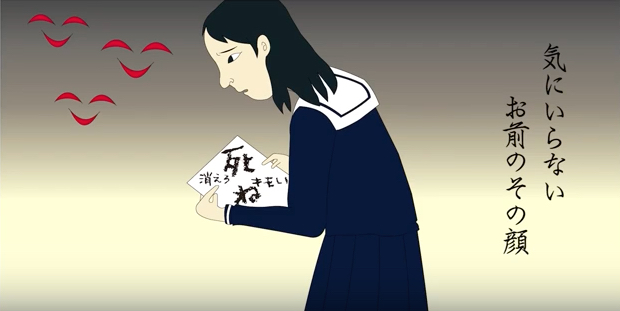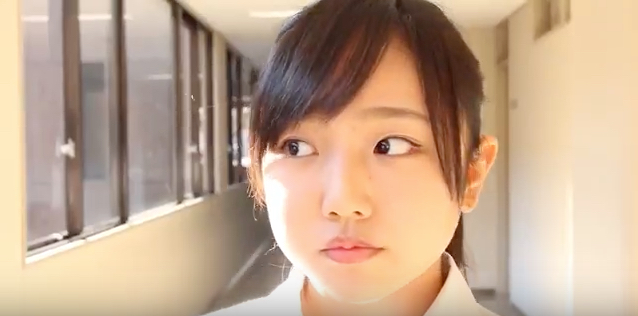Video Origin: Official YouTube Channel of Doshisha Women’s College of Liberal Arts
Translators: Eunice Lee and Stephanie Orozco
Japanese script and English Translation
気に入らない、お前その顔、腹が立つ
I am annoyed by your face. You piss me off.
普通なら、女が好きだろう、男なら
In general, if you were a man, you would like women.
子育てで休むしわ寄せ、迷惑だ
The damage from requesting for childcare leave is troublesome.
人をいつの間にか、排除していませんか?
Don’t you think we are excluding these people at some point?
それは、人権侵害につながるかもしれません
That might probably lead to a violation of human rights.
人権を意識しよう
Let’s be conscious of human rights.
About the Video and Intended Audience
Two girls are playing a Japanese card game called Karuta, where they listen to a haiku and tap away the card that represents the topic of the poem. In this video, the game plays out certain human rights issues in Japan such as bullying, gay individuals, and controversy surrounding maternal leave. The intended audience seems to be people that either do not know much about the issues or are a bit hesitant to approach them more openly.
Challenges During Translation Process and Solutions
The one major difficulty my partner and I experienced during this project was accurately translating the haiku presented in the video. When translating into English, the syllabic tone count for each line was drastically different from that of the Japanese version, making it difficult to faithfully translate it into an English haiku. We attempted to make the English version into a couplet instead of separate haiku poems. Little did we know, however, that this led to more translation issues than necessary in trying to make the poem rhyme. We ultimately agreed to seek help from native Japanese speakers for a better translation and finalized the translation you now see on the video.
Overall Experience and Advice for new Translators
We came to the conclusion that translating poetry from any language can be incredibly difficult. Some of the original creative decisions done for the poem may be lost during translation, and sometimes attempting to make a translation akin to the original version may not reflect the same creative results or intentions by the poet. Therefore, when translating casual language or some type of poetic literature, it is a good idea to research other examples of translated works to get a gist on how to translate your own.



